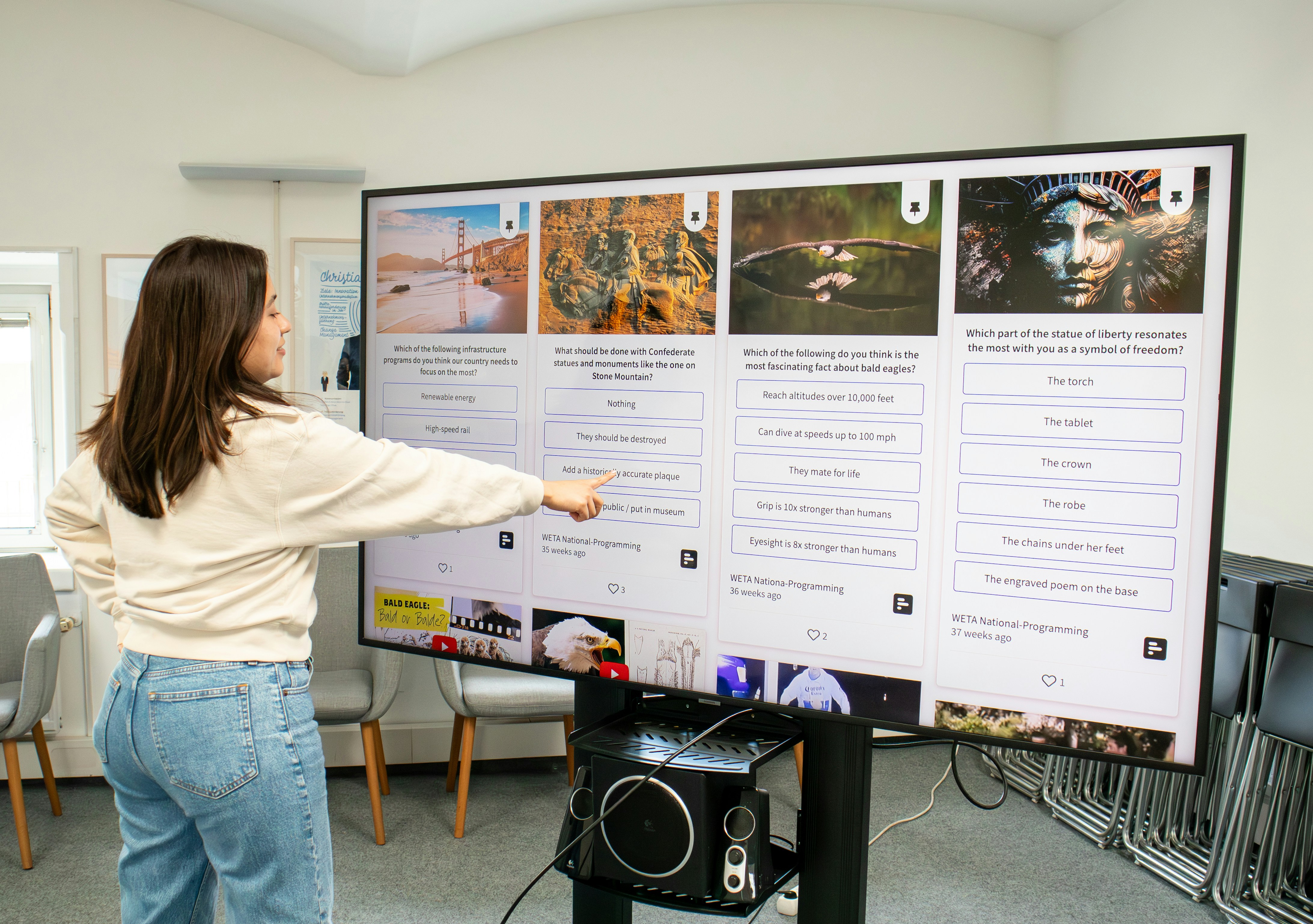Imagine this: you have now been upgraded to junior project manager - congratulations! Now what? You are new to the job, the ways of the company and the programmes you will be working with. On top of that, like a baby thrown into the pool, you might already have to write proposals, represent your company in project meetings, deliver tasks and results… But we are not here to scare you (we’ll keep that for Halloween).
In the beginning, it might all seem a bit blurry, you might not be sure how to act, which decision is better, which tools to use… But do not worry, nobody is born with it, you need to figure it out and learn. So how does a junior project manager succeed in their new position and then grow into a more experienced project manager? Having passed through the struggle, let us share with you our top tips to succeed.
Push yourself and do not back out, even if what you have to do is out of your comfort zone
We all found ourselves in this situation: a lot of times you do not feel comfortable stepping up your game and taking on tasks of greater responsibility. The good news is that the rush you get once you overcome yourself and do something new is priceless and often a pleasurable experience in retrospective. Not to mention that it will teach you a great deal about yourself and how to be better to succeed at your job. “Just do it”! So, what if you have to meet the “big guys” from other partners in a project meeting? Take a deep breath in, keep your humble self, and dare to ask questions - if you know your proposal and project very well - you’ll survive (we all did).
Also, dare to ask MANY questions, or as many as you can, from the more experienced project managers in your organization. Participate in all the meetings you can, listen carefully and make notes on both what is discussed as well as how decisions were made. All this will allow you to gain more knowledge on your job, as well as prepare you for future tasks and strategic decisions. You could top this up with some overachievement and doing a bit more than what is asked from you. This is always appreciated when you are going through your junior years. And when you have a new idea or you get interested in a specific area or topic, act on it and discuss it with your supervisor.
The examples and practices around you are gold
Collecting best practices from around your organization: even if it sounds a bit strange to follow the way your senior managers have written an email to partners, it can teach you a great deal about the ways of your organization, communication styles and language. So, you will be able to answer: how do I approach a new partner? How do I talk to other project partners in different situations? How do I send “kind reminders”? Then apply this best practice rule to other aspects as well. Not sure how to write a deliverable? Then maybe check your organization’s projects deliverables, or other similar projects online (many of these are published and shared with the general public). Read and learn from approved proposals and reports that your organization has submitted, from evaluation reports that they got on different project proposals. Bonus for reading: you will also get used to the EU projects jargon - open access, innovation, exploitation, deliverable to name a few.
Finding quality research in minutes
As a project manager, junior or not, you will often find yourself in charge of a project topic which you are not an expert in. You probably won’t know any names of leading researchers in this field and might not even know which journals are most respected, so where should you start your search for background research? The internet is a minefield of poor-quality articles, false truths, and many (many, many) ancient papers, so it is important to filter out the crap. Google Scholar is a great place to start, as the search algorithm does a lot of the work for you and tends to show respected articles first, and make sure to use the filters and advanced search to restrict your results to as relevant results as possible. Keep your keywords concise to start with and expect to modify your search to become more specific as you learn more about the subject. Another invaluable tool is Mendeley, which includes a downloadable app that organizes all your papers for you and constructs references in whatever style you prefer.
Practice makes it perfect
As a junior project manager, you will quickly realize that this job requires not just a particular competence, but you’ll need to command an entire skillset. Your job will have many different aspects including extensive background research, project development from scratch, proposal writing, communication with partners, and if you were successful then the project implementation itself. Sounds like a lot, right? It might sound overwhelming at first, but remember Rome wasn’t built in a day either. Through facing these challenges you’ll gain valuable experience from which you can learn. So, don’t be discouraged if you don’t get something right for the first time or you get stuck on a task. With repletion over time you can learn from your mistakes and gain all the necessary skills and confidence to become a successful project manager. And in case your confidence should weaver again you can just look through your previous successes and methods to get back on track.
Time Management
If you are an overly ambitious mess like me, time management is key to succeed in this very dynamic field. Effective planning and prioritizing helped me with getting control over every hour spent and release all the pressure that comes with meeting the deadlines. Without an effective plan, there is no control. Likewise, without time planning, you cannot manage things properly. The first thing that I always do is breaking down my tasks into a ‘To Do’ list that is always in front of me. Writing down the important activities that I have to complete in a single day against the time allocated to each activity has helped me immensely in estimating the effort that I will need to complete them and focus on each individual task, finishing them one by one. Another tip would be to always come up with an internal deadline for yourself to make sure there is no room for failing to complete your tasks. Panicking 10 minutes before submission is no fun and delivering poor quality content in 1 hour is just a waste of effort so internal deadlines are a must if you want to make sure you stay on top of your agenda. Lastly, probably one of the hardest things that I had to learn is saying no to the tasks that I don’t understand in detail and I know that I cannot finish in time. I know it can feel like you’re disappointing yourself and the people you work with but understanding that you only have 8 hours a day to deliver quality results is a priority.
P.S. We are also happy to share with you our hands-on approach and knowledge in managing EU projects - so, how about planning to join our soon to come courses? You heard it; time management is gold ;)
Co-written by Carolina Pascaru, Dora Leitner, Zsuzsanna Selmeczy, Iasmina Cioroianu




